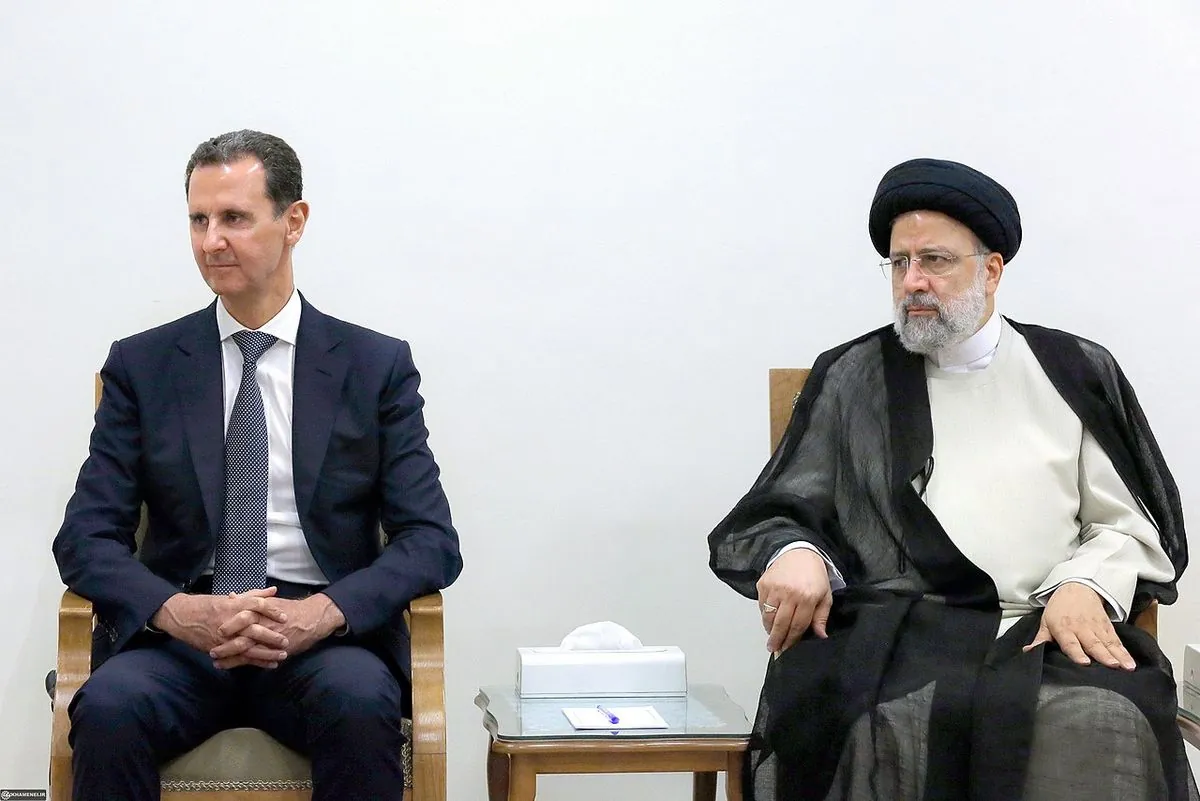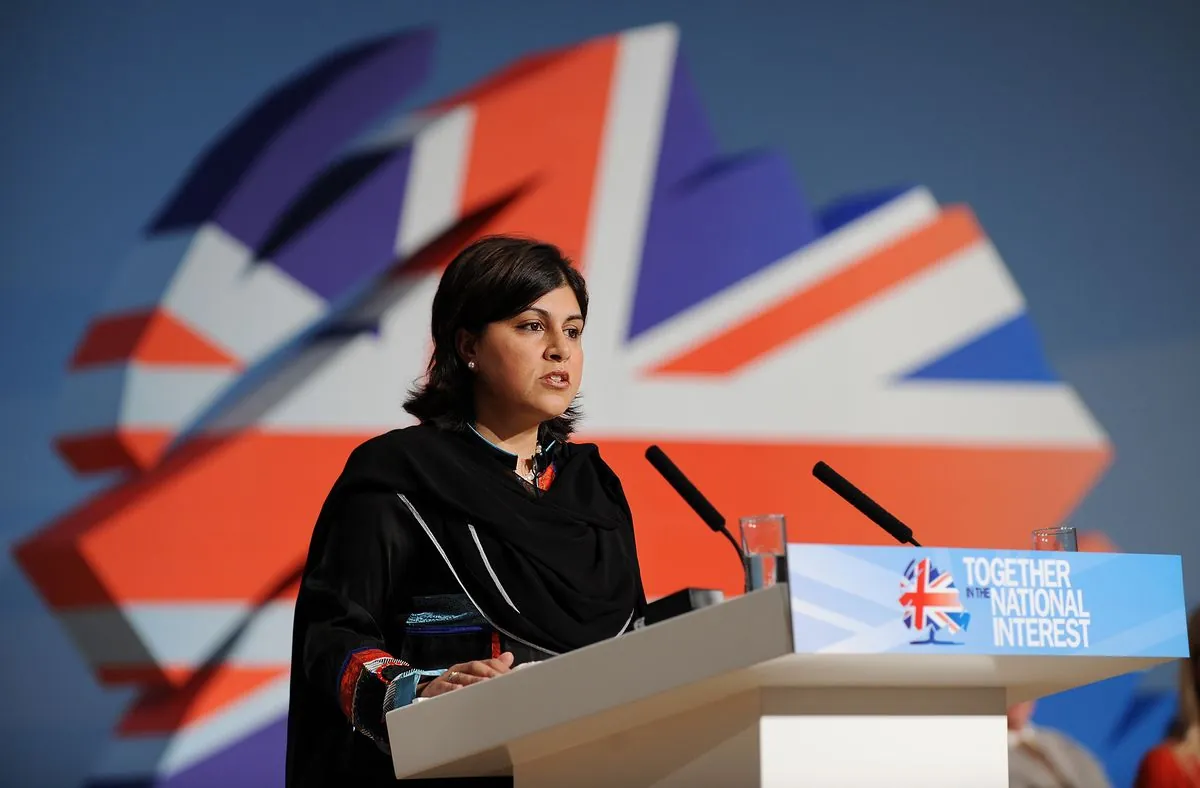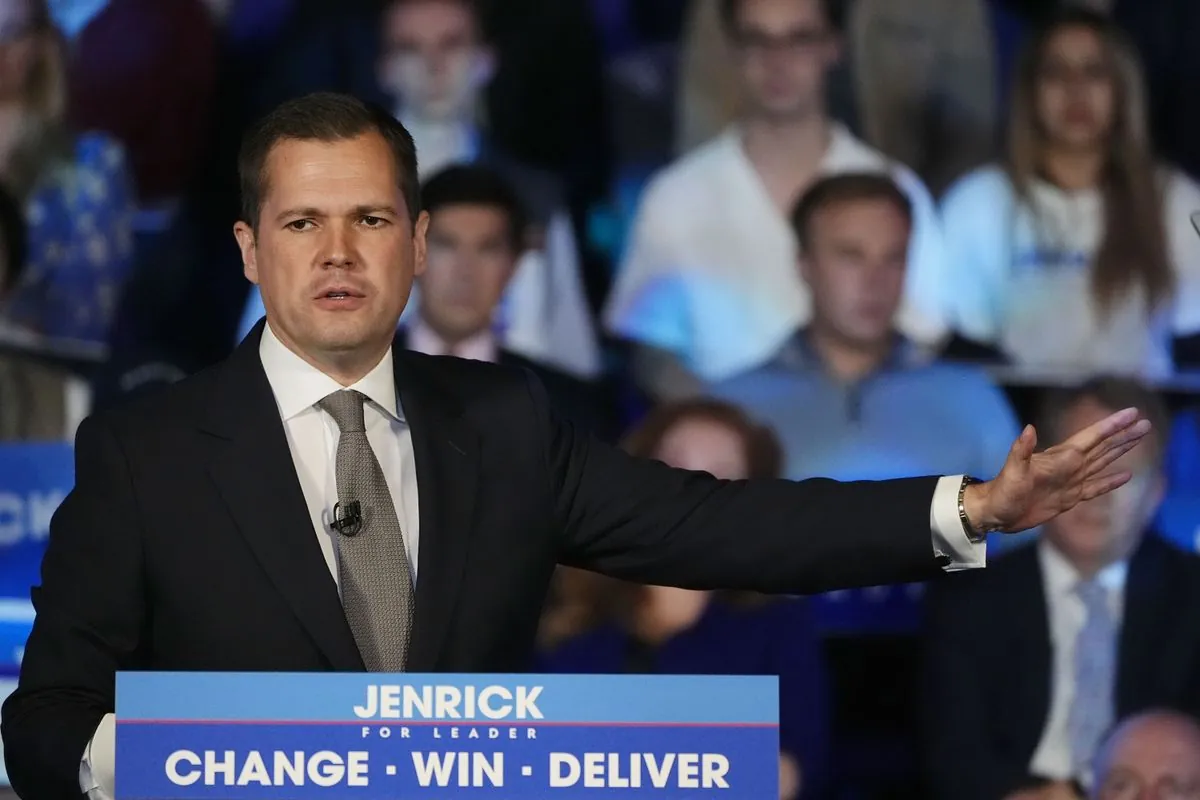Labour Donor's Meetings with Assad Raise Questions for Starmer
Lord Alli's discussions with Syrian President Assad and opposition to military intervention in 2013 spark controversy. Conservative Party calls on Keir Starmer to address donor's stance on Assad regime.

Lord Alli, a prominent Labour donor, has come under scrutiny for his past interactions with Syrian President Bashar al-Assad and his stance against military intervention in Syria. This revelation has prompted questions about Sir Keir Starmer's judgment and his association with the donor.
In 2013, Lord Alli disclosed in the House of Lords that he had conducted "several" meetings with Assad, who has been implicated in numerous war crimes during the ongoing Syrian conflict. The civil war, which began in 2011, has resulted in widespread devastation, displacing millions and causing a humanitarian crisis that has reverberated across the region.
During a parliamentary debate on August 29, 2013, Lord Alli argued against then-Prime Minister David Cameron's proposal to launch military strikes on Syrian forces. This discussion took place just days after Assad's regime allegedly used chemical weapons against civilians, an act that has been widely condemned by the international community.

Lord Alli's speech emphasized concerns about the potential consequences of military intervention. He warned that toppling Assad could lead to a power vacuum, leaving the country vulnerable to armed factions without clear leadership. This perspective aligns more closely with the non-interventionist views associated with former Labour leader Jeremy Corbyn, rather than the policies of Sir Tony Blair, who had elevated Alli to the peerage in 1998.
The day following Lord Alli's speech, the House of Commons unexpectedly voted against military action in Syria. This decision, influenced by then-Labour leader Ed Miliband's opposition, marked a significant moment in British parliamentary history. It was the first time since 1782 that a British government had been defeated on a matter of war and peace.
The Commons vote had far-reaching implications, causing the United States to reconsider its planned military response. Then-President Barack Obama ultimately abandoned the idea of punitive strikes against the Assad regime, altering the course of international involvement in the Syrian conflict.
"Let me be clear: I do not support military intervention over and above action taken as a deterrent against further use of chemical weapons. I support such action only provided it is proven with compelling evidence and it is part of an international alliance. I also recognise that there will be repercussions from those events."
The revelations about Lord Alli's meetings with Assad and his stance on Syria have reignited debates about foreign policy and political influence. The Conservative Party has called on Sir Keir Starmer to address the issue directly, urging him to disavow Lord Alli's position on the Assad government.
A Conservative spokesperson stated, "Not only does this revelation raise some serious questions about Lord Alli's relationship with president Assad's regime, it puts Keir Starmer's judgment even further in doubt."
As the Syrian conflict continues to impact the region, with ongoing humanitarian challenges and geopolitical implications, the discussion surrounding Lord Alli's past involvement serves as a reminder of the complex interplay between domestic politics and international affairs.


































